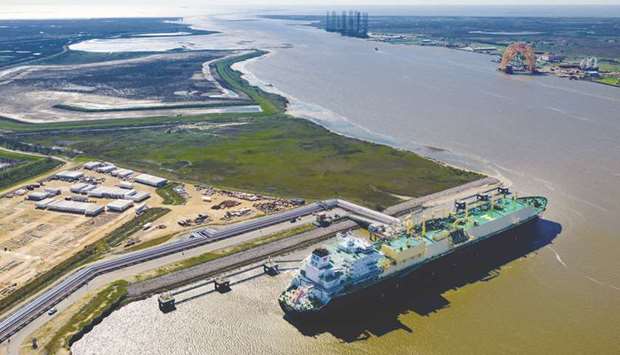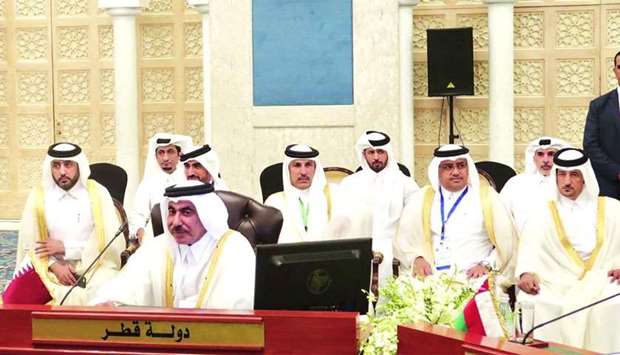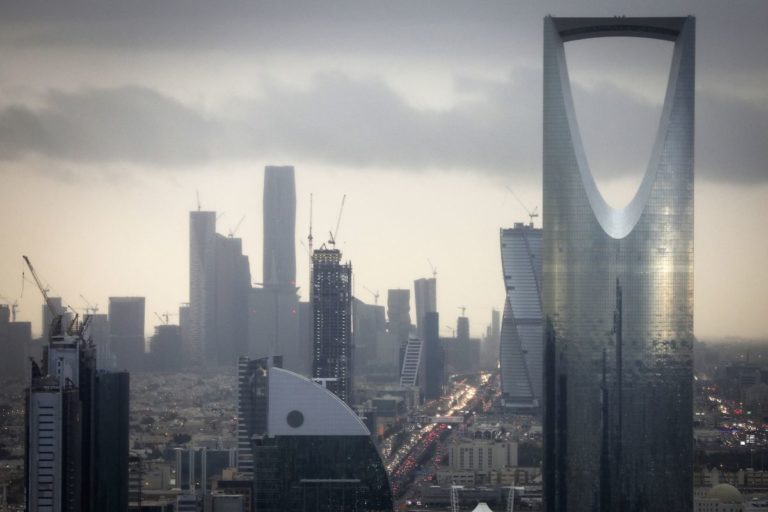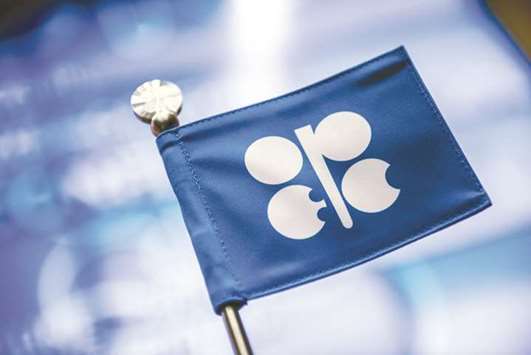Booming LNG industry weighs up headwinds from oil to renewables

Bloomberg/London
Liquefied natural gas may be one of the fastest-growing fossil fuels but that didn’t stop market participants spotting clouds on the horizon when they met on the first day of the CWC World LNG Summit in Lisbon.
Below are some of the most pressing issues discussed at the biggest annual event for the industry in Europe.
Oil and economy
Brent crude is trading below $60 a barrel, having lost almost 11% this year. A perceived economic slowdown, which is affecting oil, is a challenge for the gas and LNG industry, said Eric Bensaude, managing director at Cheniere Marketing. The booming US projects tend to offer contracts linked to the US Henry Hub natural gas benchmark, which has gained 50% this year, making competition difficult with the oil-linked contracts that dominate in long-term LNG supply deals.
“We have to remain competitive,” Bensaude said. “You don’t want oil to be too high because otherwise the LNG industry gets carried away, you don’t want it to be low because otherwise Henry Hub becomes unaffordable and it switches to oil again.”
Renewables
As the costs of renewable energy fall and battery technology is developed to store it, the natural gas industry sees a role for itself in the future energy mix. “We should embrace the growth of renewables, we have no alternative, it makes no sense to confront that, that has to be part of our global landscape,” said Galp chief executive officer Carlos Gomes da Silva said. “I am seeing natural gas and LNG in particular as not a transitional energy but as destination energy.”
Investment shortfall
A lack of final investment decisions in the past years is expected to weigh on supply by the middle of the next decade, when it is seen falling short of demand. This year, Cheniere’s Corpus Christi Train 3 and Royal Dutch Shell Plc’s LNG Canada got the green light, but more multibillion-dollar projects are needed and expected next year to secure the second wave of supply. The lack of FIDs could generate a jump in prices in the early 2020s and potentially make LNG unaffordable, risking a shift back to cheaper and dirtier coal, Bensaude said.
Spike in US gas?
The rally in US benchmark Henry Hub futures earlier this month was seasonal and related to a cold snap and is unlikely to be sustained, according to panellists at the conference.
Cheniere’s Bensaude sees a long-term range of $3 to $4 per million British thermal units. Michael Sabel, co-CEO of Global Venture LNG, another US export project developer, sees the range at $2.25 to $3.25 on average.
China
China has led LNG demand growth but those increases are becoming less certain. China imposed a 10% tariff on US LNG, and sellers are re-organizing flows to bring alternative sources of supply.
What’s more, from October industrial demand started to decline to avoid the higher costs observed at the same time last winter, said Yanyan Zhu, general manager of the trading department at CNOOC Gas & Power. Longer term, China’s LNG imports face increasing pressure from cheaper pipeline gas, including from Russia, and by government support for domestic gas production. “In the future when the government is encouraging domestic production, pipeline gas is coming, I think the role of LNG will be reduced to some extent,” Zhu said.
Impact of US LNG expansion on other exporters
US LNG production has been rising since Cheniere started its Sabine Pass project in Louisiana in 2016. That is becoming a concern to other exporters, who are rushing to get their projects finished.
Tavares Martinho, vice president for exploration and production at Mozambique’s national oil company, Empresa Nacional de Hidrocarbonetos EP, compared competing with US LNG to “a monkey with a stick trying to hit a lion.” Mozambique is among the most promising future LNG exporters in Africa. “Competing with the US is very difficult,” he said.



